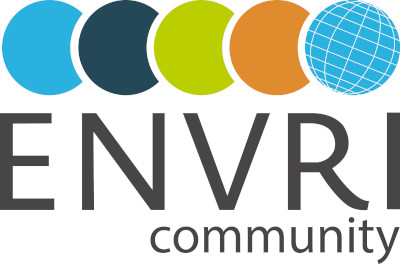Four new Working Groups have been established as part of the GEO Work Programme.
Individuals with relevant expertise are invited to join these GEO Working Groups to help realize their challenging mandates and to support the translation of the newly endorsed Canberra Declaration into concrete actions.
The new GEO Working Groups include:
The Capacity Development Working Group (CD-WG) facilitates GEO’s efforts on capacity development, promoting the principle of co-creation and providing conceptual support to the design, development, implementation and evaluation of capacity development activities. With a focus on end-user engagement, this group aims to strengthen the capacity of organisations and individuals to fully utilize open Earth observations data and tools.
The Climate Change Working Group (CC-WG) is convened to develop and implement a comprehensive GEO climate change action strategy to advance the use of Earth observations in support of climate adaptation and mitigation including, as relevant and appropriate, actions related to the pillars of the Paris Agreement adopted under the United Nations Framework Convention on Climate Change (UNFCCC).
The Disaster Risk Reduction Working Group (DRR-WG) will develop and implement a coherent and cross-cutting approach within GEO to advance the use of Earth observations in support of countries’ disaster risk reduction and resilience efforts. These efforts include those related to the provisions of multilateral agreements such as the Sendai Framework for Disaster Risk Reduction.
The Data Working Group (Data-WG) is working with the GEO community and with external stakeholders to address data policy, data ethics and data governance issues related to the collection and use of Earth observations. Recognizing the value of open Earth observation data, GEO Principals endorsed the GEO Data Sharing Principles which promote ‘Open Data by Default.’ This group will help GEO advance open data policies, thereby improving the uptake of Earth observations for the benefit of all stakeholders.
In addition, all new and existing 2020-2022 GEO Work Programme Flagships, Initiatives, Community Activities and Regional GEOs are open to new participants to bring their expertise in Earth observations, or their experience as users of Earth observation products and services, to help support social, economic and environmental policies and decision making.
We invite you to join us, extend your network, and improve your skills as you work together with researchers from around the world to improve the understanding of our planet.
See the Call for Working Group Members here and contact the GEO Secretariat to get involved.


